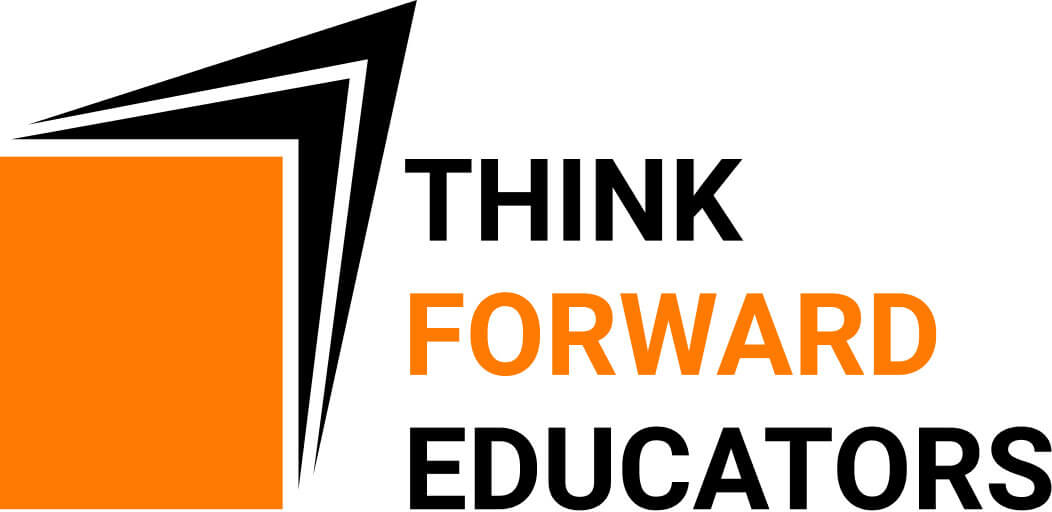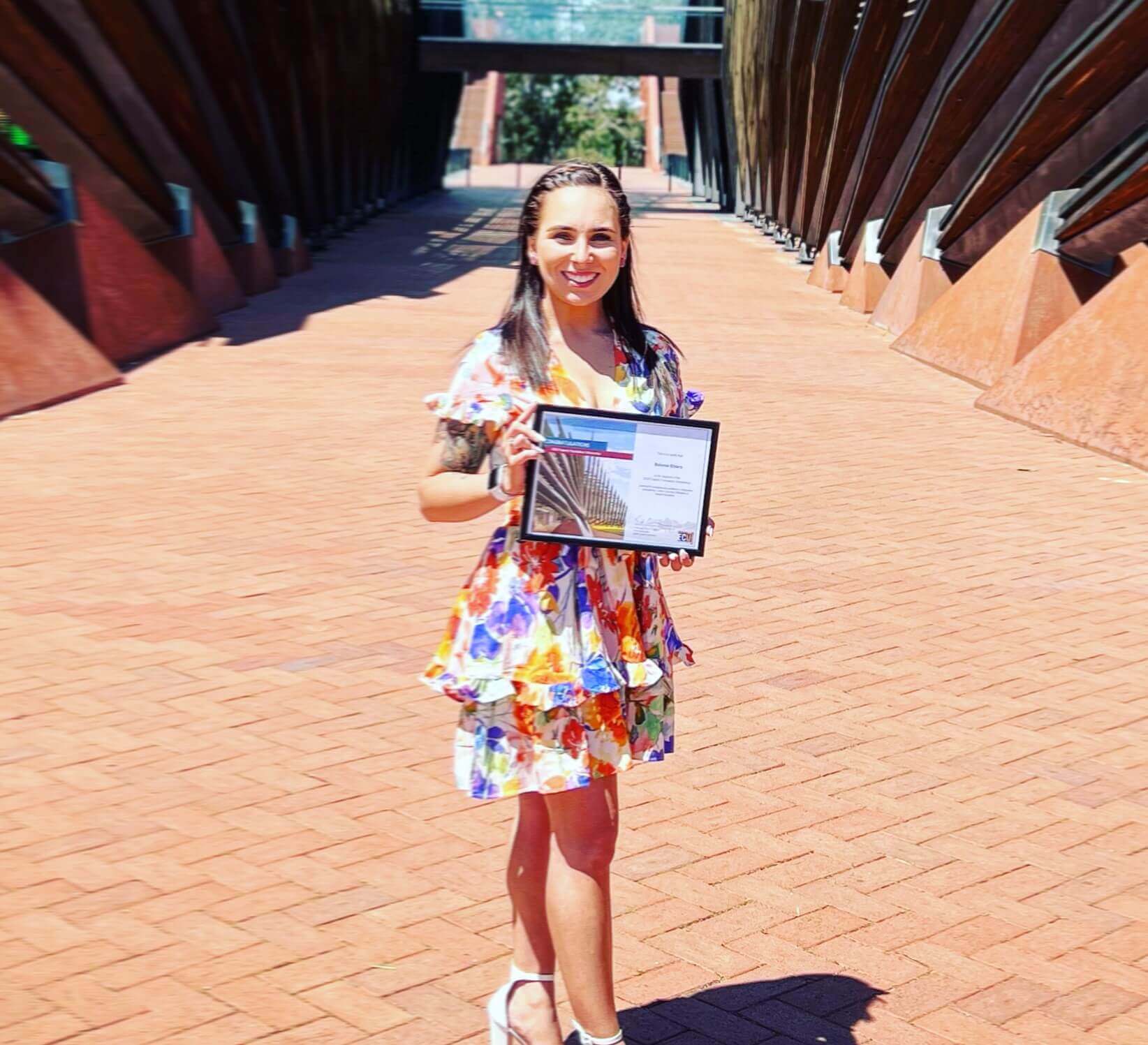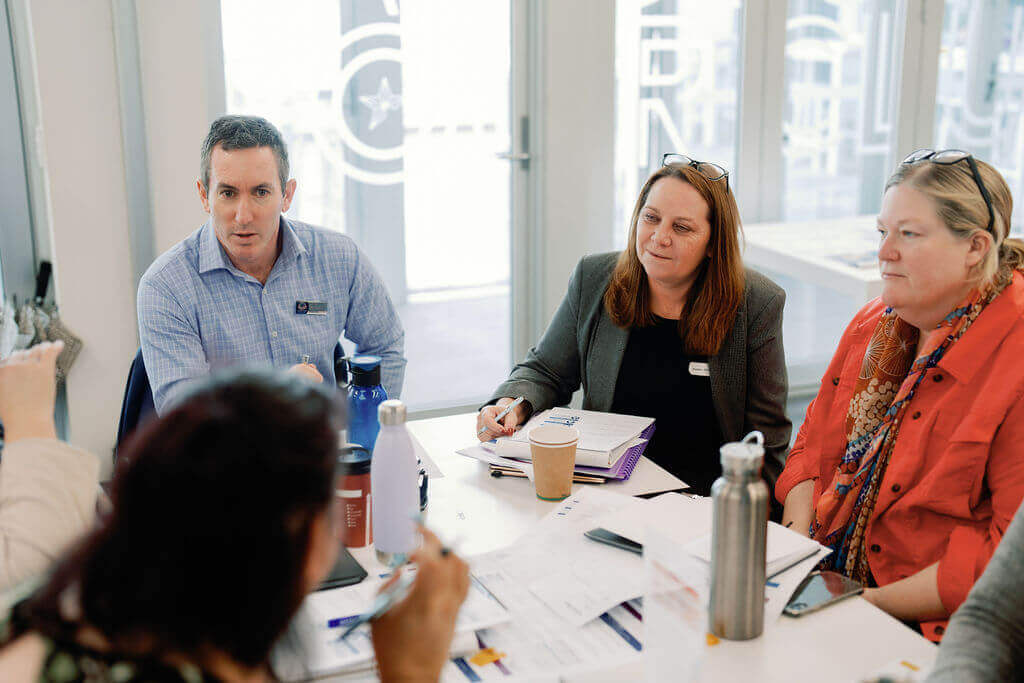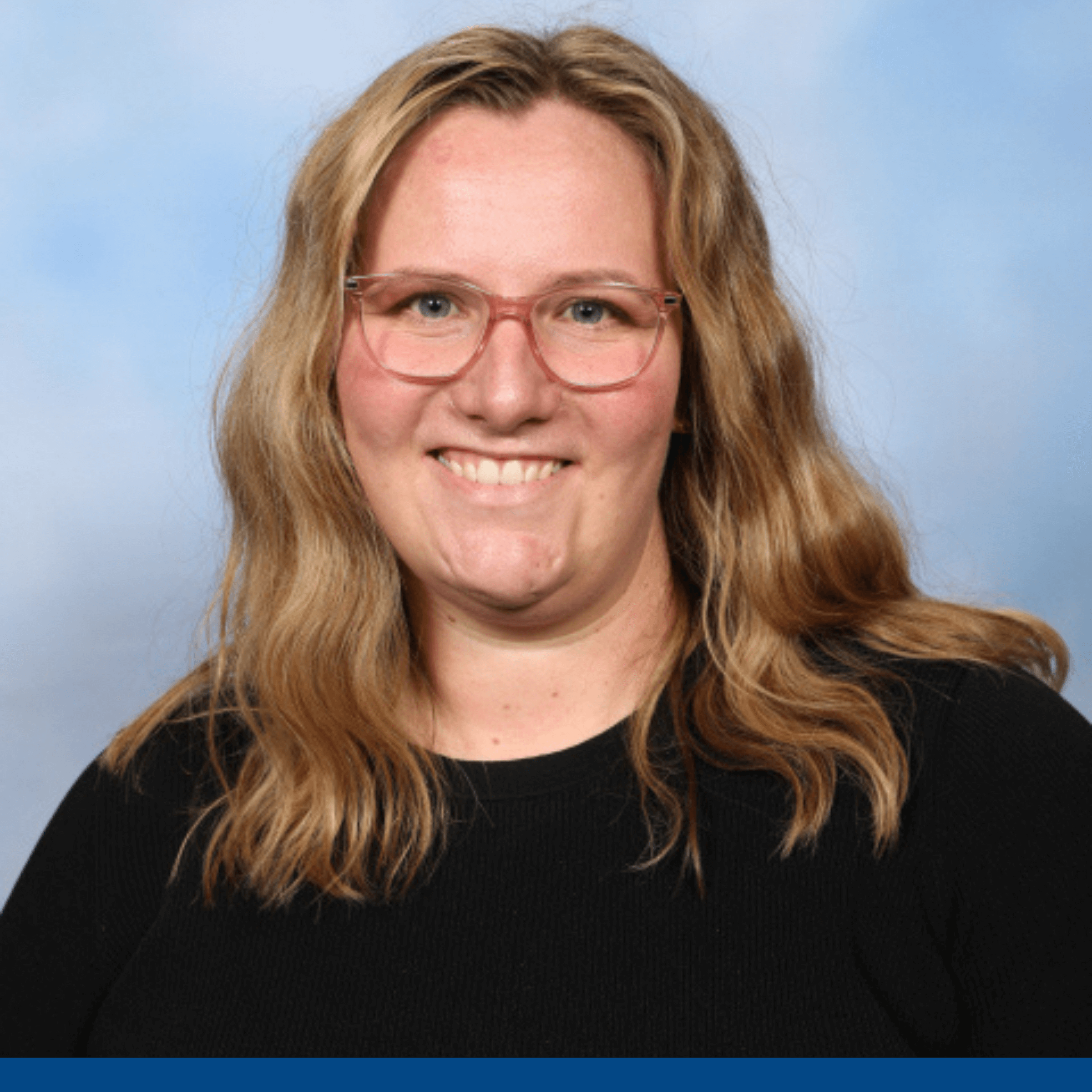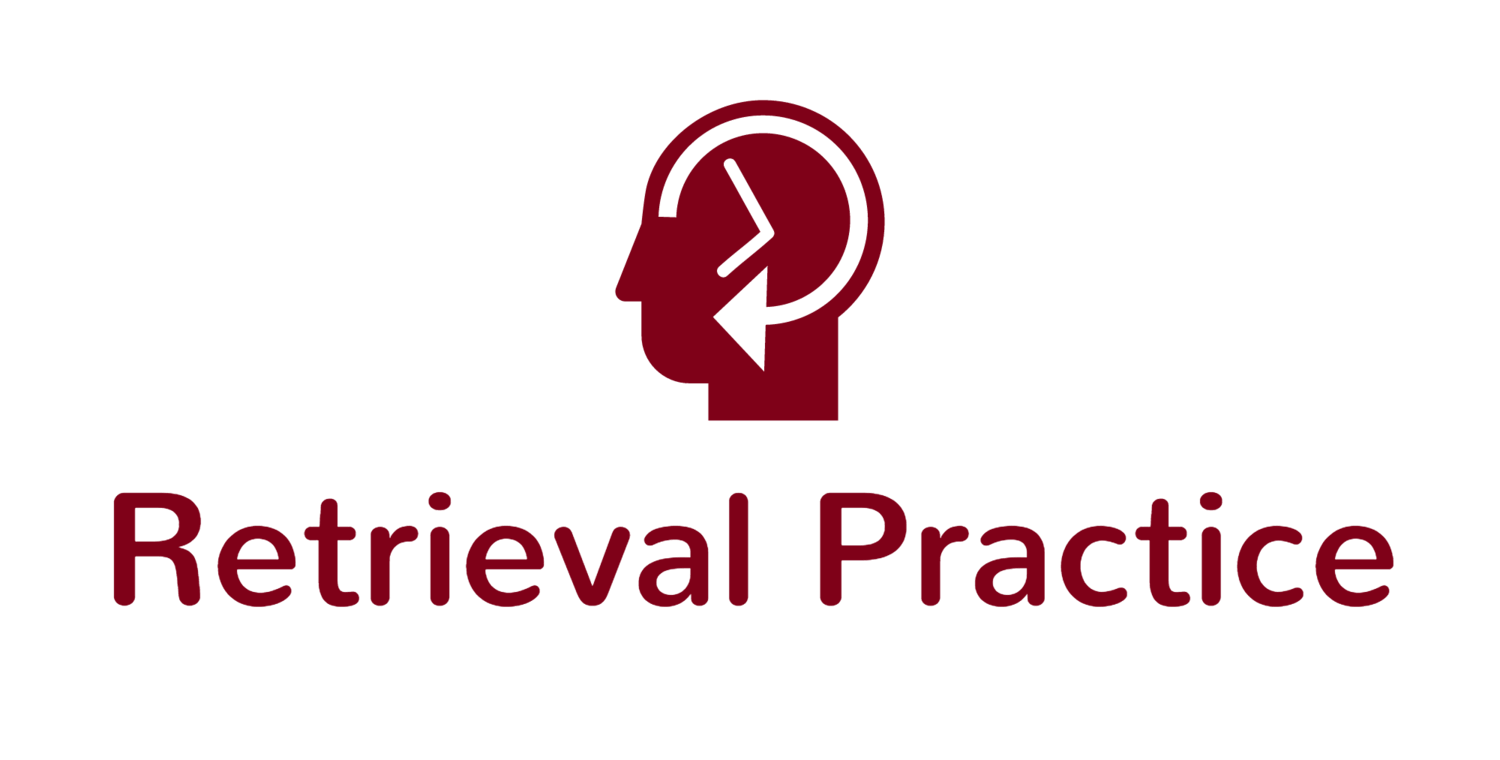Masterclass Series graduate, teacher and adjunct lecturer at Murdoch University, James Pengelley, recently spoke to ABC National Radio on the impact two different mediums, used by students, may have on their results when completing assessments.
Reflecting on the most recent NAPLAN results showing generally stable trends in student cognition of age-appropriate content and with 4.4 million tests submitted online, researchers are questioning approaches to test completion as being a possible factor impacting NAPLAN results. In the discussion on whether the ‘pen’ is mightier than the ‘keyboard’, James highlighted whilst students are living in a digital world, where the general trend is towards the digitisation of education, the evidence shows that both computers and handwriting have a place, and in particular, the skills and processes for both should be explicitly taught using high-impact teaching strategies.
In a study conducted by James, involving Year 9 Science students who were fluent in using computers within their classes every day, as questions became more complex, the demand on cognitive load increased, where those using pen and paper performed better in those instances. James discussed how working memory can only hold a limited amount of information in it at any one time, and “more difficult questions tend to place a student under high cognitive load, and that’s one of the reasons why we think using a paper-based test gives them a slight advantage.” 1
James points out the increased extraneous load when using a computer (external distractions) along with the increasing difficulty of questions, sees the effort by students decrease along with their use of scribble/scratch paper. “Ultimately, when dealing with younger learners, moving learning and assessment tasks from paper to computer is associated with a cost that is likely to produce lower test scores, particularly as the intrinsic load of content increases and student working memory capacity decreases.”2 This is an important contribution to cognitive science research and cognitive science principles that inform high-quality instruction.
Other observations from his research noted that as we become adults, we tend to have better working memory capacity and linking this with our increased fluency using computers, our ability to complete more complex tasks using a computer improves.
James’ advice points to the need for us to develop fluency with both mediums, handwriting and computers, to reduce any possible impact using one over the other may have on student performance.
You can listen to the ABC interview here.
You can access the main study here.
You can access the literature review here.
References:
- Pengelley, J. (2024, August 23). When it come to NAPLAN is the pen mightier than the keyboard: Expert [Radio broadcast]. ABC. https://www.abc.net.au/listen/programs/radionational-drive/when-it-comes-to-naplan-is-the-pen-mightier-than-the-keyboard/104264062
- Pengelley, J. (2022). A testing load: comparing cognitive load in computer and paper-based testing [Master’s Thesis, Murdoch University]. Research Portal. https://researchportal.murdoch.edu.au/esploro/outputs/graduate/A-testing-load-comparing-cognitive-load/991005566468407891








